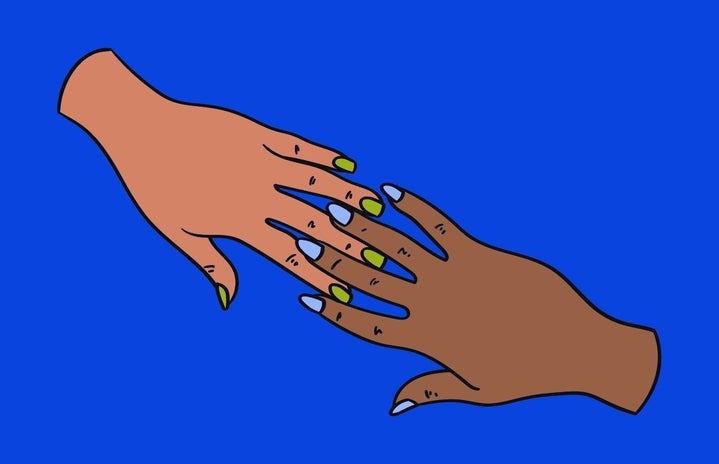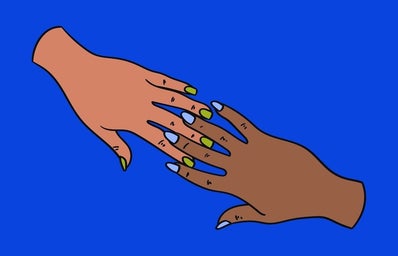The majority of black people avoid seeing a psychologist after enduring a traumatic experience, usually because the psychologist isn’t black and can’t relate to them. They fear being a part of the stigma, judged, and usually have concerns about the treatment process and the costs. Black psychologists make things easier for African Americans who seek psychotherapy but fear receiving it.
Black psychologists aren’t talked about much and most people don’t understand the importance of having black psychologists in the industry. We need them in the industry to be there for our black brothers and sisters who are going through marriage problems, parenting issues, relationship problems, depression, anxiety, and or post-traumatic stress disorders.
Personally, I know I’d rather talk to someone who’s black and can relate to me ranting about what I’ve been through or what I’m going through. Conversations with the therapist or counselors hit differently when they can relate to what you have to say.
Some black psychologists in the industry have made the psychotherapy process affordable for African American patients and been able to build trustworthy relationships with their patients to where they feel comfortable enough to speak freely during therapy sessions. More African Americans are seeking psychotherapy now because they feel secure with black therapists. Many African Americans have had a difficult time trusting psychologists who aren’t black because of the prejudices they have against the black community. We are often misjudged and misdiagnosed because white therapists cannot relate or fathom the traumatic experiences black people have had. As a person of color sitting in front of a white therapist, some black people have felt as if they’ve had to hold back information to fight the stereotypes that have been made out about African Americans who suffer from mental illness. We often try to show ourselves in a more positive light when sitting in front of a white therapist to keep from being stereotyped.
Being black affects every aspect of our everyday life and to feel related to the everyday challenges that African Americans face we have to have access to psychotherapy from black therapists. We need more black therapists in the industry, we need to normalize blacks seeking mental help if needed and not avoiding getting help and talking.



